7 of the Best Horror Movies by Black Directors
Because celebrating Black folks in horror isn't just for the month of February.
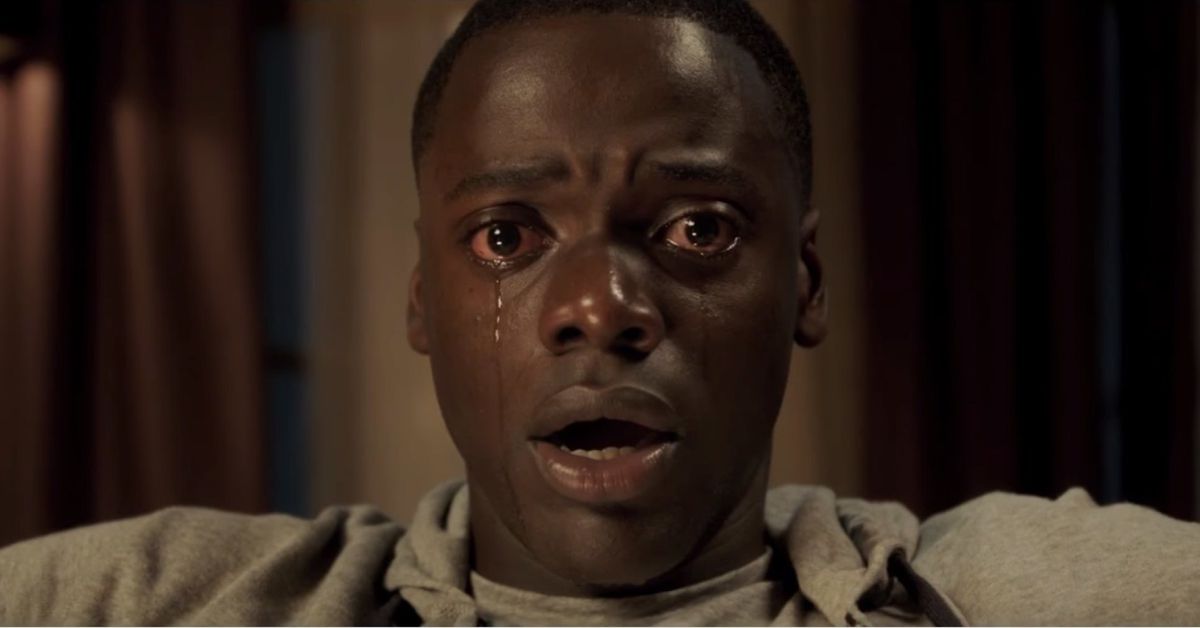
The film industry still has a long way to go with representation in front of and behind the camera. While the number of Black (and other BIPOC) directors of major films has increased in recent years, there’s still a significant gap, with white directors helming nearly 75% of films in 2020.
On top of that, Black characters in the horror genre have traditionally been treated as disposable—or only used to tell certain kinds of trauma stories—something that happens repeatedly in modern horror movies and TV. All of this has been said before though—how representation is crucial in all areas of the industry from talent to the executives greenlighting projects. These statements shouldn’t require repeating (and yet…).
With this list, we’d like to focus on and celebrate some of the amazing horror movies by Black directors. These are just a few of the films helmed by Black directors who (both currently and in the past) have subverted racist tropes, frightened us, surprised us, and created memorable, iconic, and groundbreaking horror.
Blacula (1972)
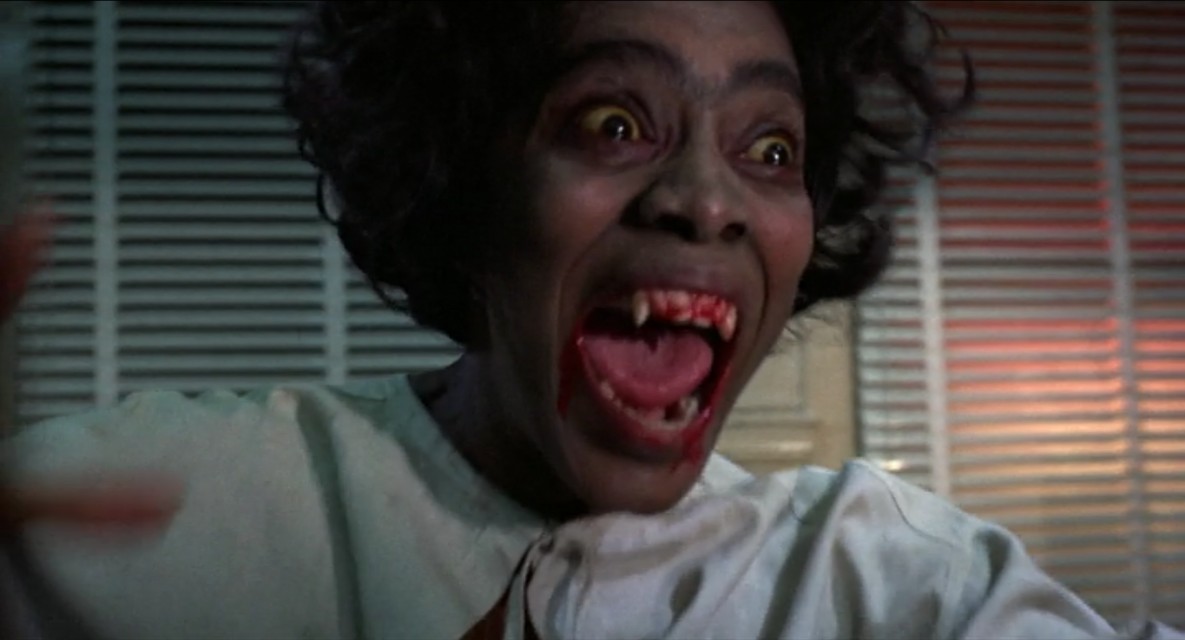
Directed by: William Crain
If this film was never made, it’s hard to say where blaxploitation horror would have ended up. While there are flaws and obviously some dated aspects to it, this movie helped change the game. The plot focuses on an African prince, Mamuwalde (William Marshall) who after seeking Dracula’s help (which the asshole doesn’t give) in suppressing the slave trade in 1780, is turned into a vampire. Fast forward to 1972, and Blacula is brought to Los Angeles by way of a coffin. From there he kills a lot of people and falls for a woman (who he ends up turning). Overall, it’s not a particularly happy story. But for the time, it was impactful to the horror genre and gave Black fans some representation that was lacking from many other horror films.
Tales From The Hood (1995)
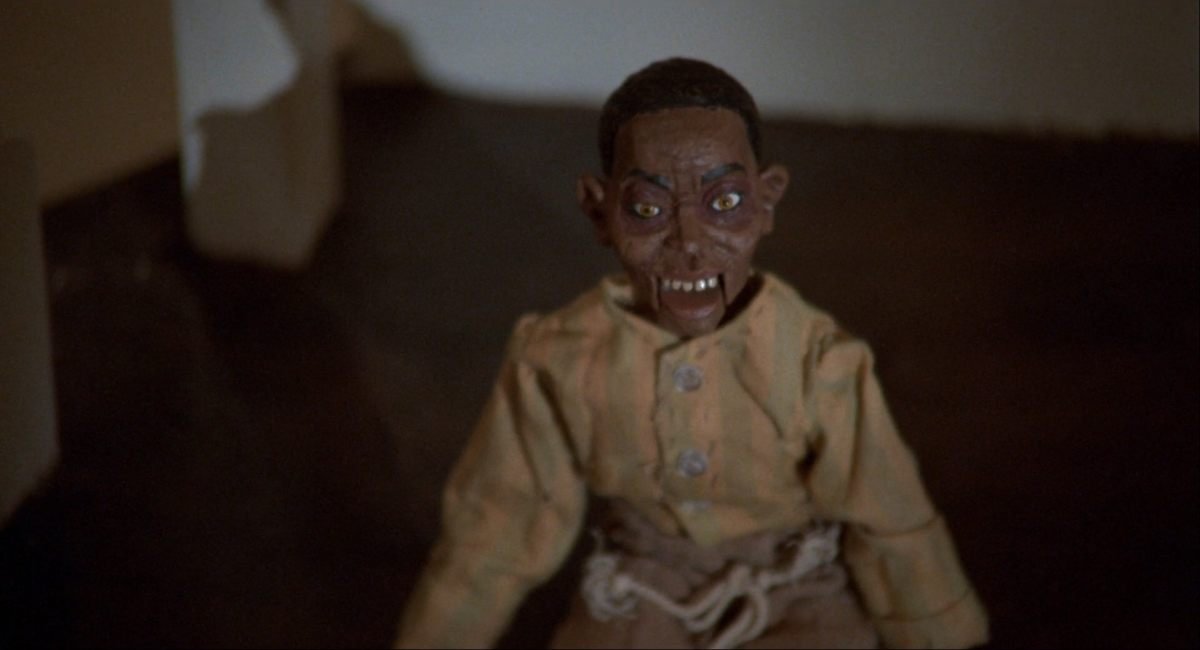
Directed by: Rusty Cundieff
Horror anthology all focused on issues that affect Black American communities? Yes, please. Tales From The Hood (1995) focused on horror short stories that captured a rawness surrounding the issues they focused on. They touch on themes such as police corruption, domestic abuse, racism, and gang violence. Some of the stories are stronger than others, but in the end they are powerful in their own ways. And who doesn’t want to watch a former KKK member be devoured by vengeful dolls?
Tales from the Crypt: Demon Knight (1995)
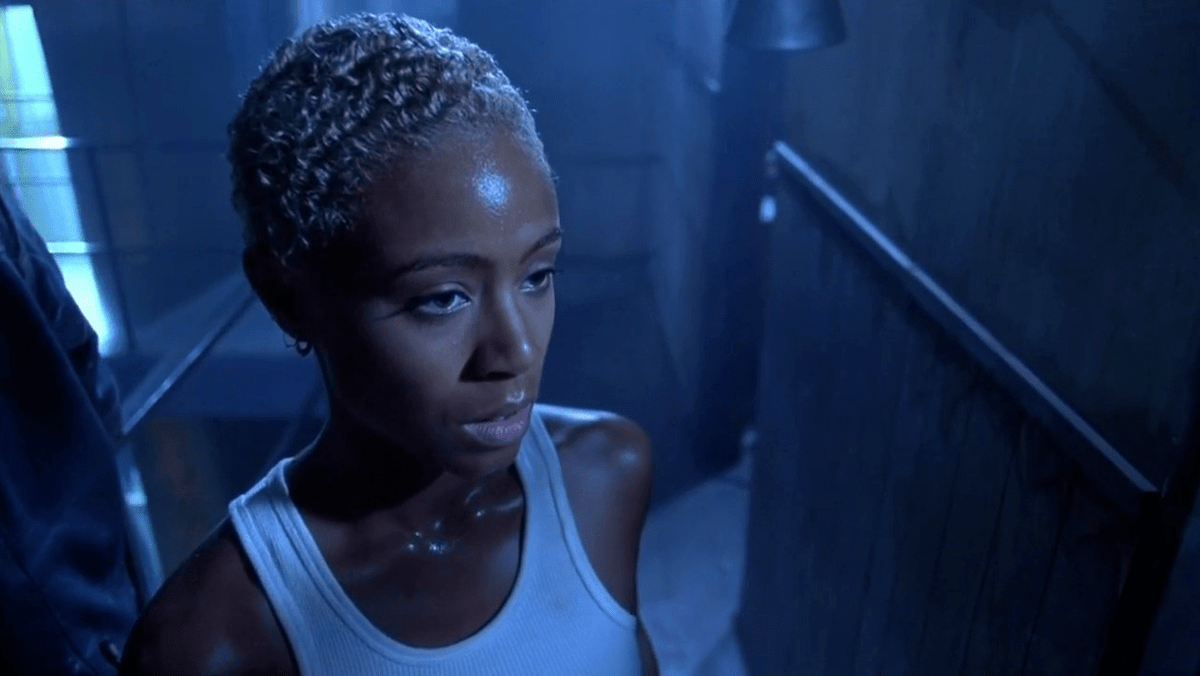
Directed by: Ernest. R Dickerson
An absolute ‘90s horror classic and it gave us one of the most underrated final girls, Jeryline (Jada Pinkett Smith). This gem focuses on Frank Brayker (William Sadler) an ex-soldier who has to protect an ancient key, which could bring forth the apocalypse, from demons. He eventually ends up at a boarding house in New Mexico, where he and its interesting residents help him keep the key from The Collector (Billy Zane). This movie has scares, impressive practical effects, good performances, and a Black final girl. What more can you ask for?
Get Out (2017)
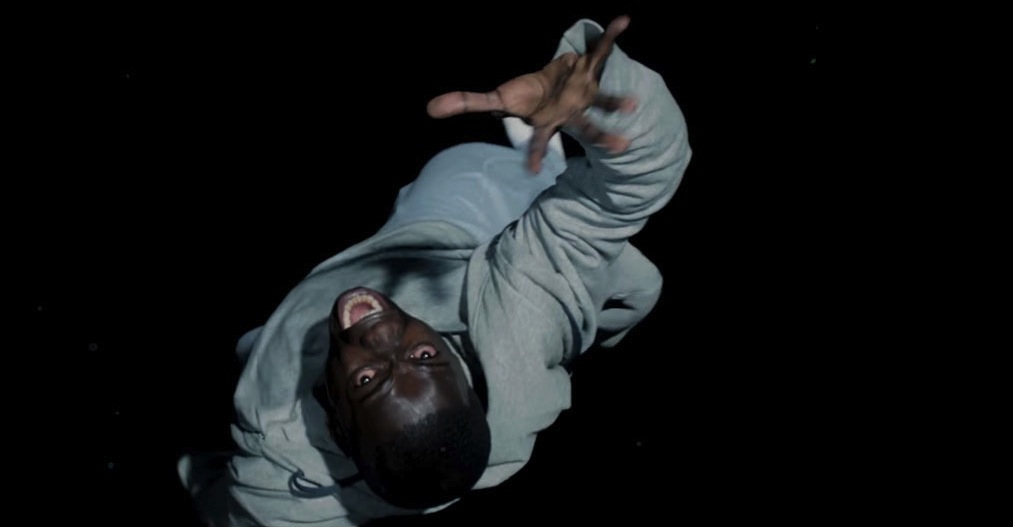
Directed by: Jordan Peele
This movie is iconic to the point where it almost seems unreal. Jordan Peele knocked it out of the park as a director and writer. His understanding of the horror genre and how he captured experiences that most Black folks have experienced (it’s eerie every time I personally watch). The plot is simple, as it follows Chris Washington (Daniel Kaluuya), a Black photographer, who goes to meet his white girlfriend’s family. Though what’s meant to be a normal weekend turns into a nightmare. Daniel Kaluuya is always a pleasure to watch, and this film really proved how well he does in the horror genre.
Sweetheart (2019)
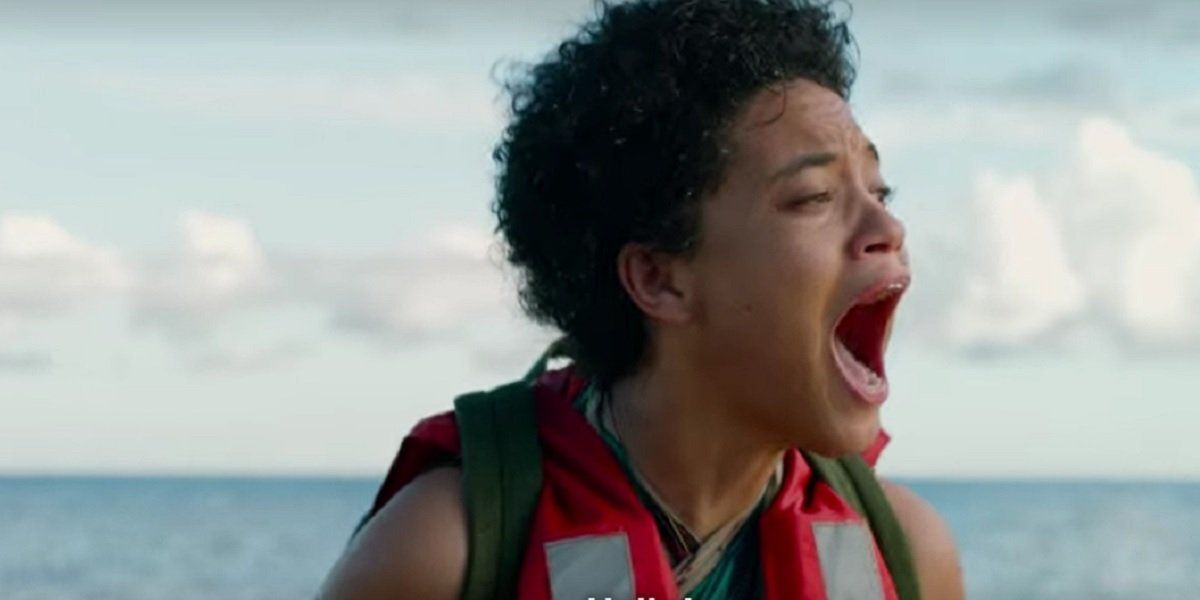
Directed by: J.D. Dillard
To say this movie isn’t about Black women not being believed, would be absolutely ridiculous. The social commentary woven into this film isn’t by accident. The plot follows Jenn (Kiersey Clemons) who gets stranded on an island. But she realizes quite quickly that a creature is hunting her. Her boyfriend and friend who survived the accident don’t believe her, despite her serious claims. Having a Black woman be the lead in a creature feature isn’t commonplace. And Kiersey’s performance is a huge part of why the movie is so good.
Us (2019)
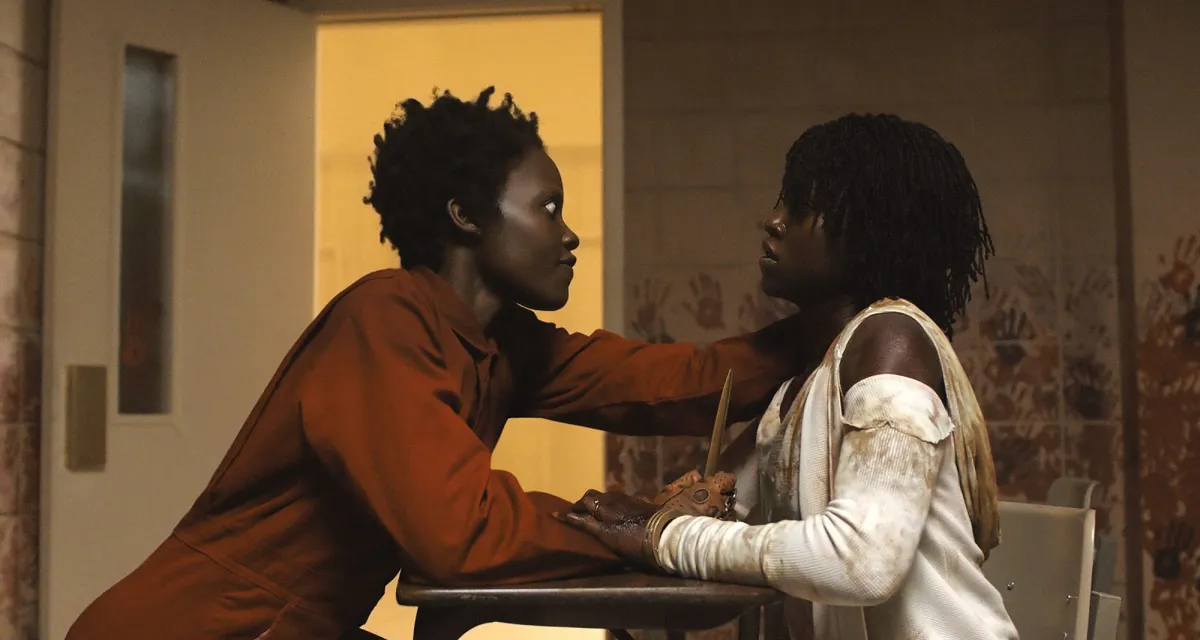
Directed by: Jordan Peele
Another smash hit from Jordan Peele. Vastly different from Get Out (2017) in tone, subgenre, and altogether topics. This time around Peele wasn’t focusing solely on the Black experience. He dove into classism, the idea of othering, and more. The film is truly an artistic experience with how everything is splayed out on the screen. The plot follows Adelaide (Lupita Nyong’o) and her family, who travel to the beachfront home she grew up in. Though her traumatic past causes her to feel paranoia, she’s justified in her fears when four masked strangers show up late at night. Strangely enough, the strangers look just like them. The twists and turns in this one are truly something else.
Candyman (2021)
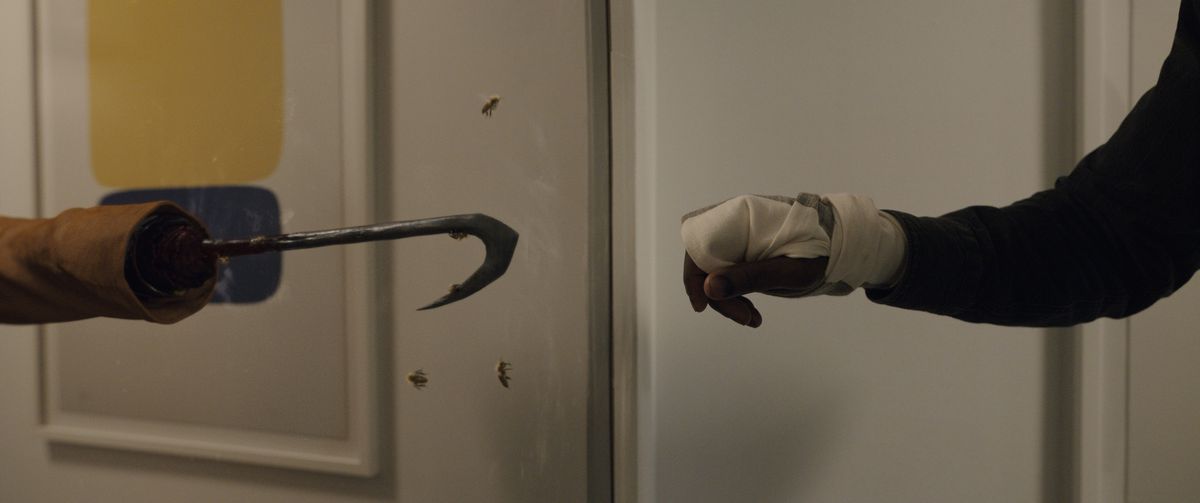
Directed by: Nia DaCosta
Direct sequels aren’t always stellar, but it’s easy to say that Candyman (2021) was satisfying. Albeit a little choppy in terms of some of the writing. But the visuals, soundtrack, and social commentary blended so seamlessly with horror, that it was quite the experience in theaters. Plus, having Black women directing horror is something that should happen more. Though for Black viewers, it’s not the easiest for us to know extreme violence is happening to Black folks on screen. Though aside from that, the movie explored Anthony’s (Yahya Abdul-Mateen II) unraveling as a character and how destiny is sometimes unavoidable. His story is tragic, ultimately, just like Candyman’s story and the others who followed him.
(featured image: Universal Pictures)
Have a tip we should know? [email protected]